Another Climate Summit
especiales
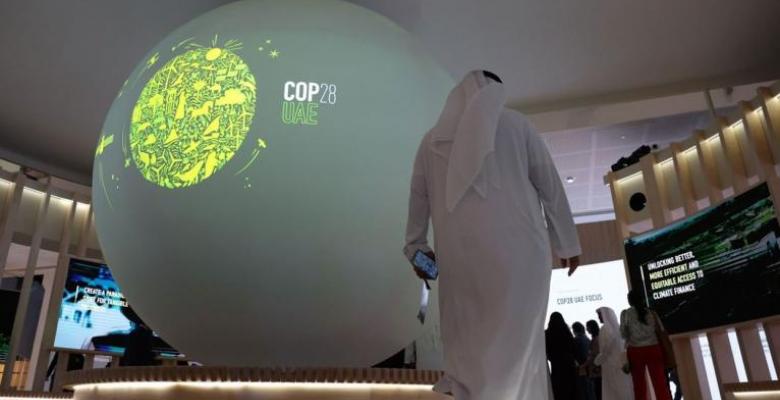
The environment and the end of the world as we know it is a topic of concern. This is an issue that since the so-called era of industrialization has only gotten worse, to the point where it’s urgent to take action because, although the damage is irreversible, we can still find a healthy balance and slow down the disaster.
However, even though there’s evidence and the deterioration of the climate, flora and fauna is evident, it is very difficult for us to truly gather together, to get majorities interested in taking care of the only planet we have to live on, and to encourage all of us to collaborate from our small space of power. We don’t believe in the true value of an action, no matter how small it may be, such as recycling a container at home or taking a cloth bag to the market to avoid generating so much waste, for example.
Yes, each contribution is important and generates positive results. And it’s so gratifying to imagine that we managed to save ourselves, but, no, it’s just a dream of a few who cannot take care of eliminating all the plastic that reaches the coasts and harms the sea population, strangles turtles, drowns birds and sickens so many species that cannot escape the disseminated microparticles in their diet, such as—say—a type of plankton; nor can they prevent ocean warming from destroying coral reefs—one of the most diverse and biologically complex ecosystems worldwide—nor reduce the melting of ice at the poles or the acidification of waters.
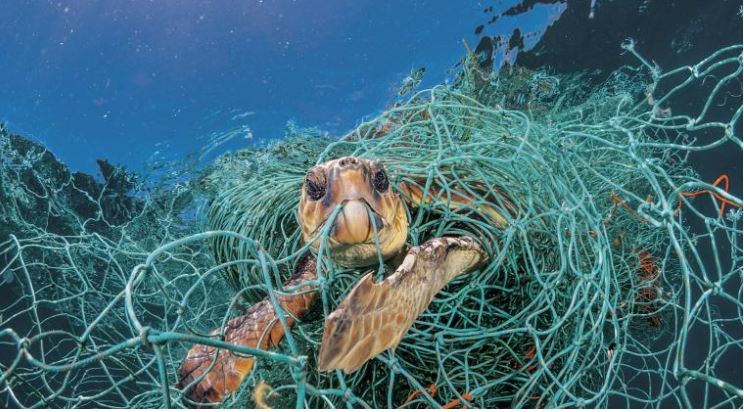
Nowadays, due to the actions of man, it’s almost impossible to achieve pollution-free environments. We are also responsible for the fact that we increasingly have more intense droughts, catastrophic storms, serious fires and floods, as well as a shortage of water and other vital resources, or that we lose plants or animals and others that are on the brink of extinction because their habitats are threatened.
Climate change is real. The alarming news like Earth breaks the average temperature record is not an exaggeration, it happened this year and the worst thing is the constant warning that it will continue to rise, and therefore the consequences with climate instability will be worse.
The excessive use of fossil fuels in the world generates a great impact on environment; we are talking about the exploitation of coal, gas, and oil, the main sources of energy. With this image we want to draw attention to how pollution of many vehicles creates a concentrated layer of harmful gases for the atmosphere, and this causes the heat to stayed contained and greenhouse gases to thrive throwing off-balance the thermal equilibrium of the planet. This, along with other activities such as deforestation, are the main causes of global warming.
Every year different events are held, whether regional or global, to call us all to become aware and act. With each appointment we believe that we will achieve substantial changes, and then disappointment overcomes us. Therefore, now, when more than a hundred heads of State and government, government officials, representatives of international organizations, business leaders, academics, and representatives of civil society will soon celebrate the XXVIII Conference of the United Nations Framework Convention on Climate Change (COP28), in Dubai, United Arab Emirates, the majority will follow the program, but without much hope that it will actually be transcended.
Unfortunately it’s like that. After 27 similar meetings like this one, and many more in other categories, what can we expect, a miracle? If after each meeting we would have taken action and conclude that to improve we can do this or that, and agreements are signed, deadlines are set, how can we ensure that there really is a mobilization?
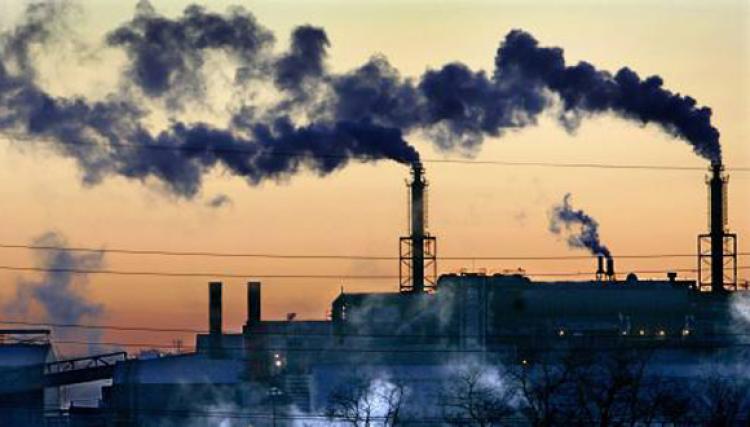
With each event we believe that the great powers, the great conglomerates and powers of the world could take concrete actions to postpone the end of the world a little bit. However, we are getting worse and worse. It’s worrying that we do not leave the meetings, the plan and statistics, that so many people are unaware that climate change exists and it takes its toll on us.
Just a few of us will not be able to stop greenhouse gas emissions; and the few actions of groups, organizations and activists fade into nothing, they are insufficient, and it’s of little use to us to frequently grab headlines if with each COP they meet to decide how to address the challenge, but life goes the other way. Even if strategies could be based on scientific and technological progress, and forget about the complex political and economic realities, it does not happen. Commitments remain on paper and on the platform.
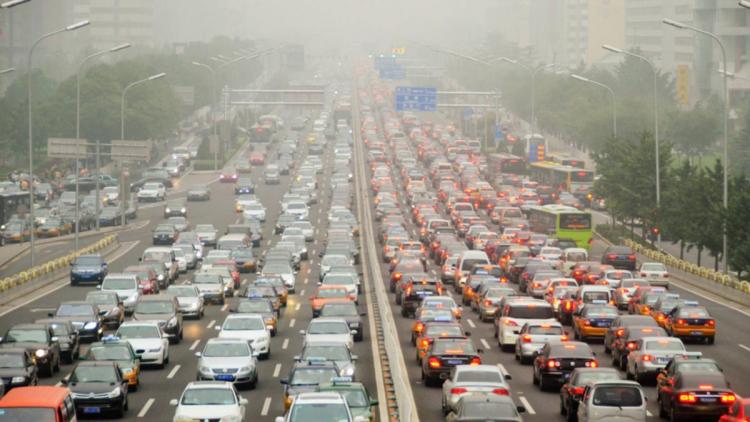
For almost two weeks in Dubai (November 30-December 12) the most important people on this field will be there. There will be about 70 thousand people debating the future of humanity, another opportunity to describe our daily lives and draw routes to put pressure on the international community and prevent the planet's temperature from exceeding 1.5 and 2 degrees Celsius, a goal contained in the Paris Agreements, in 2015, during COP21, and which increasingly seems less possible to comply with.
IN CUBA
Meanwhile from Cuba, one of the least polluting nations, a small archipelago seriously threatened by the effects of climate change, partly due to its insularity and what this represents for its more than 1,500 islets and keys, but also as a developing country, without enough economy to dedicate to the issue, and at the same time, committed, Cuba attends the Climate Summit as president of the G77+China, and with the hope that the agreement will be fulfilled.
The Minister of Science, Technology and Environment, Elba Rosa Pérez Montoya, states that “we need COP28 to have distinguished, palpable, and objective results for the countries of the south,” and assures that it would be ideal for developed states to respond to the claims that many times they have been raised for capacity building, technology transfer and financing that will surely help promote survival strategies.
All countries share the same responsibility to save the planet, however, resources are required to make us more environmentally friendly. That’s why in each meeting it has been agreed that the most industrialized states, due to their better monetary conditions, should, in addition take care of their immediate environments, contribute so that those who cannot promote actions can also protect them.
Coincidentally, a large part of the territories with the least potential are those located to the south and are also those with the least impact on global warming, but they do not escape its effects.
For this reason, Minister Elba Rosa Pérez Montoya suggests that COP28 be more operational, and that we take advantage of the time we still have left; we just need to reach an agreement between all of us and, most importantly, comply with it.
According to the head of Science, Technology and Environment, Cuba does not escape the impact of climate change, and proof of this is, for example, the increase in sea level and the retreat of the coastline. Likewise, she states that its consequences are felt in the soils, crops, and health.
At COP28 Cuba will show its progress in environmental matters thanks to the State plan called Task Life, implemented since 2017; and will also present its limitations based mainly on economic deficiencies.
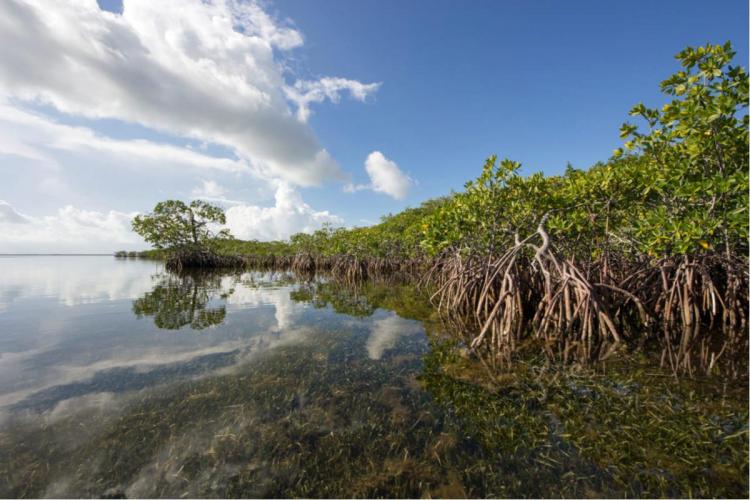
This initiative has the goal of identifying and working on adaptation to climate change, with a comprehensive and progressive nature, aimed at reducing vulnerability. In the six years since this program, the Cuban scientific community has focused efforts on meeting different objectives such as the recovery of mangroves.
Translated by Amilkal Labañino / CubaSí Translation Staff













Add new comment